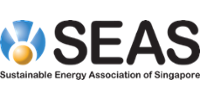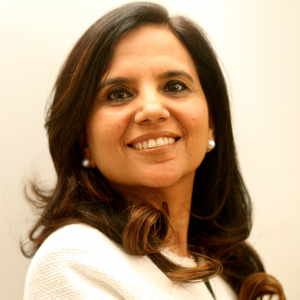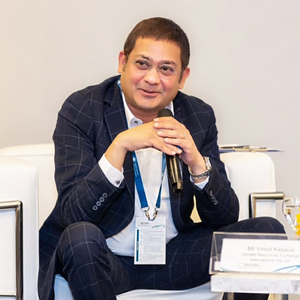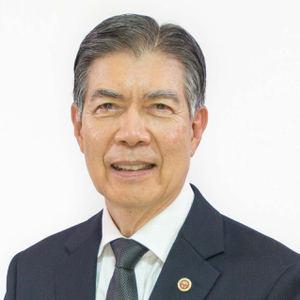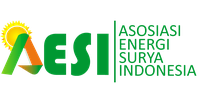Event Details
Power demand in the largest economy in Southeast Asia and the fourth most populous country in the world is projected to rise at a cumulative annual growth rate (CAGR) of 6.6% between 2019 and 2023, reaching around 500 Terawatt-hour (TWh) from 282 TWh in 2019. To meet this requirement, the country plans to install 56.1 GW of new power generation capacity during the next ten years. The Ministry of Energy and Mineral Resources (MEMR) is the primary body responsible for governing the Indonesian energy sector.
The State Electricity Corporation or Perusahaan Listrik Negara (PLN), a state-owned fully integrated power utility, is the major provider of all public electricity and electricity infrastructure in Indonesia, including power generation, transmission, distribution, and retail sales of electricity. Independent power producers (IPPs), which build power plants and feed electricity to the public grid, have been playing an increasingly important role.
Sustainable Energy Association of Singapore (SEAS), and Asosiasi Energi Surya Indonesia (AESI), supported by Enterprise Singapore will undertake a deep-dive workshop focusing on barriers & challenges to deploying solar energy as a strategy to accelerate clean energy transition for Indonesia. The workshop will discuss the technical, regulatory and financial barriers for smooth deployment as well as the opportunities for Indonesia on this path of solar energy in terms of meeting its national targets.
This workshop is a pre-event of Asia Clean Energy Summit, to be held 24-26 October 2023 and IndoSolar 2023 in conjunction with ASEAN Solar Summit and Indonesia Solar Summit 2023, to be held in Jakarta, 24 – 28 July 2023.
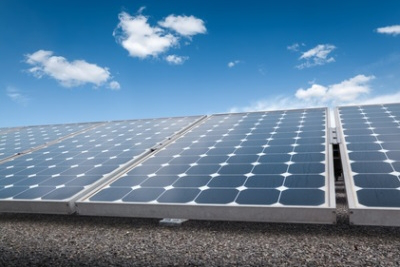
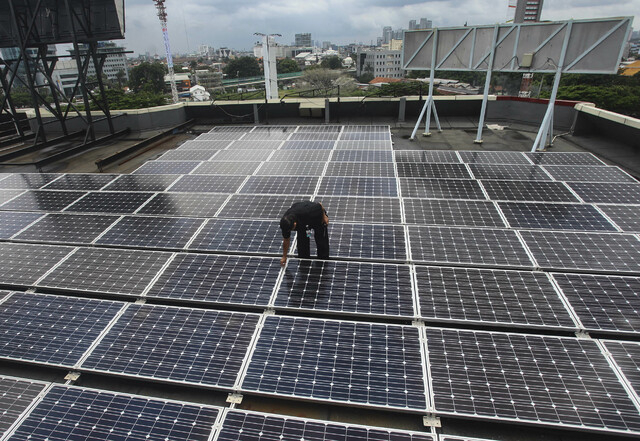
The workshop aims to:
1. Assess the issues and challenges and discuss the prospects of solar energy in Indonesia
2. Present policy trends, innovative solutions and technologies and best practices that are applicable to Indonesia.
3. Discuss the critical role of governments and how it can lead in creating an enabling environment for the adoption of solar energy through the sharing of case studies that showcase relevant policies and programs already being implemented in the region.
4. Present processes in developing and designing viable business models and financing solutions to increase uptake, and deployment of solar energy in Indonesia.
